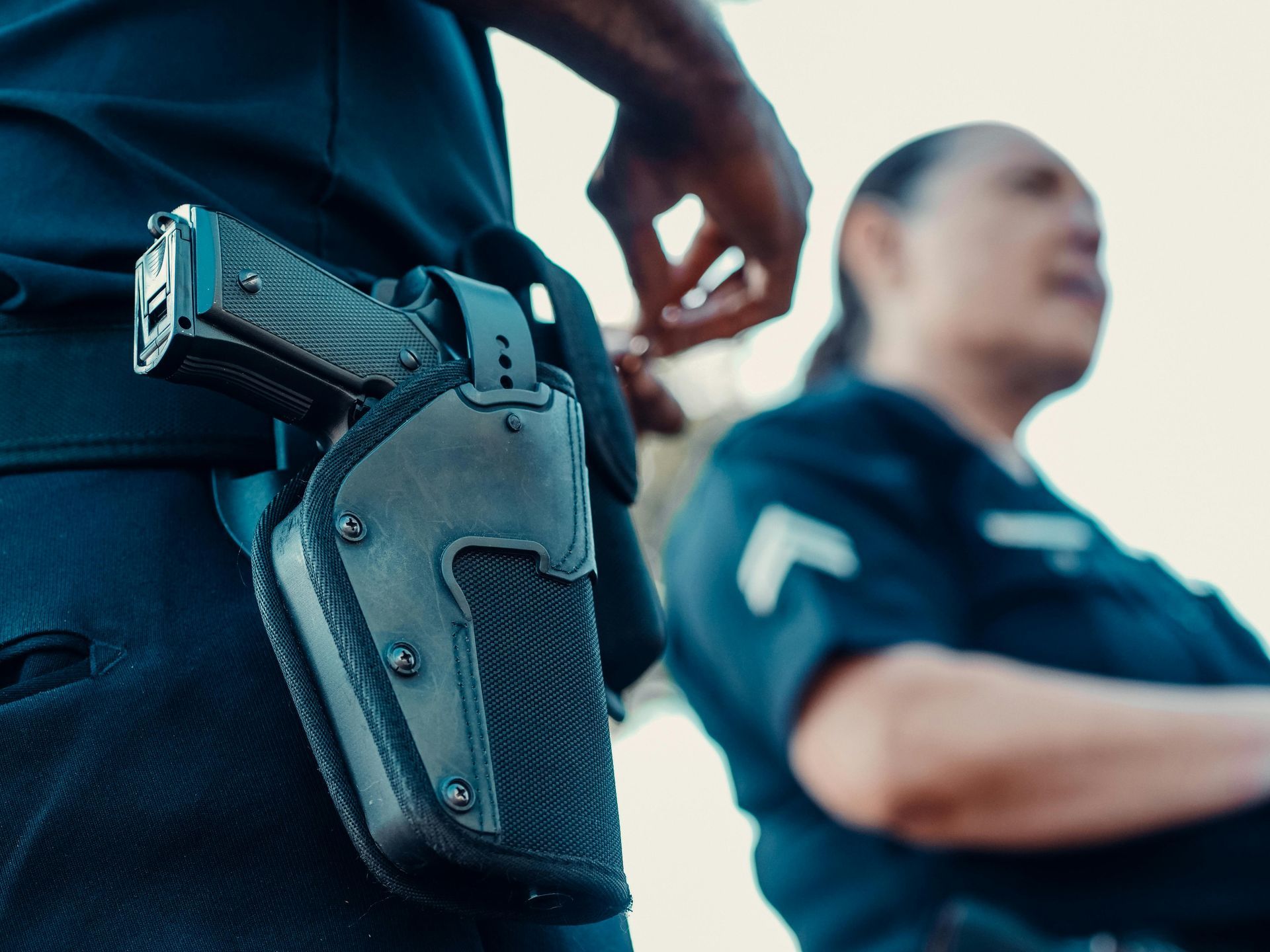An historical look back at Ohio’s 'Black Laws'
source: Equal Justice Initiative
published: 1 April 2024
Image Credit: Duda/Pexels
Ohio had barely entered statehood in 1803 when thousands of Black Americans began arriving there from the South. Many were escaping to this “free” state from enslavers in Virginia and Kentucky, just across the Ohio River.
Some people even swam across the mile-wide river, or walked across its ice in winter, believing that freedom and opportunity awaited them on the other side. Abolitionism had many supporters in Ohio. Cincinnati, along the river, had a growing Black community. Ohio’s Black population quintupled between 1800 and 1810, from a little over 300 people to nearly 1,900.
But most of the white men who wrote the state’s 1802 constitution and its earliest laws came from Virginia and other “slave” states. Many had been enslavers before moving to the Ohio Territory, where slavery was outlawed. The document they drafted did not change that, but it took away a right Black men had had in the Ohio Territory before statehood—the right to vote. And that was only the beginning.
To stop Black people from moving to the state, the all-white state legislature approved “An Act to Regulate Black and Mulatto Persons” in 1804, and amended it three years later, stripping Black residents of their rights in the courts. Starting April 1, 1807, Black people in Ohio were barred from testifying in any case, civil or criminal, in which one of the parties was white. Ohio’s “Black Laws,” as the measures became known, gave white supremacy priority over justice.
A system of targeted laws
Ohio’s discriminatory laws restricted all aspects of daily life for Black residents in the state.
Black residents had to register with the county clerk within two years of arriving in Ohio, pay a fee of 12 1/2 cents, and obtain a court order attesting to their being free. They had to be able to produce this proof of freedom at any time.














